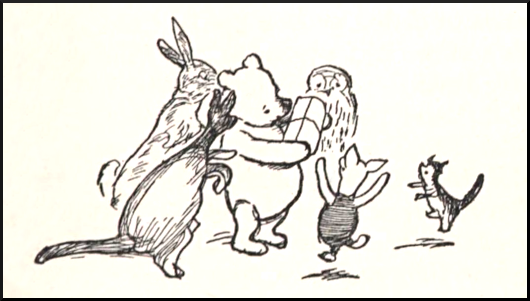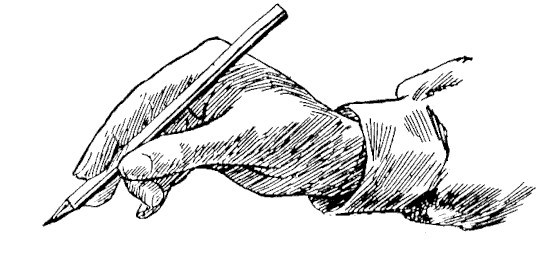Elizabeth Madox Roberts? Harvey Wickham? Charles P. Curtis Jr.? Ferris Greenslet? Anonymous?

Question for Quote Investigator: An entire lifetime can be encapsulated within the following memorably eccentric dialog:
“Life is peculiar” said Jeremy. “Compared to what?” said the spider.
I have encountered this exchange several times, but I have never been able to determine its source, and I am unsure of the precise phrasing. There is a variant line with “very strange” instead of “peculiar”. Would you please explore this topic?
Reply from Quote Investigator: Elizabeth Madox Roberts was an acclaimed Kentucky novelist and poet who was part of the Southern Renaissance. In 1928 she published the satirical fantasy novel “Jingling in the Wind”. During one scene the character Jeremy converses with a spider which is weaving a web that embodies the entirety of human culture:1
“I have it all here, the whole of culture I draw it all out of myself with my long supple fingers, I pattern it on the air. I make it as I go, but it is made already within me, spinning . . .
A dark age is followed by an age of enlightenment, and here is a new religion. Votes for women, moral prescriptions, Egypt, India, Babylon, I make a knot, a rise and a decline.”
The spider rhapsodizes about the web, and Jeremy comments about the oddity of life. The ellipsis below appears in the original text. Boldface added to excerpts by QI:2
“Life, though, is peculiar,” said Jeremy.
“As compared with what?” said the spider.
“There has never been a great woman philosopher,” Jeremy began to say.
“All women are philosophers,” said the spider.
“Philosophies are the common knowledge of all females.”
“Has any woman poet ever been buried in the Poets’ Corner?” Jeremy asked.
“Who wants to be buried?” asked the spider.
Below are additional selected citations in chronological order.
Continue reading “Dialogue Origin: “Life, Though, Is Peculiar,” Said Jeremy. “As Compared With What?” Said the Spider”







